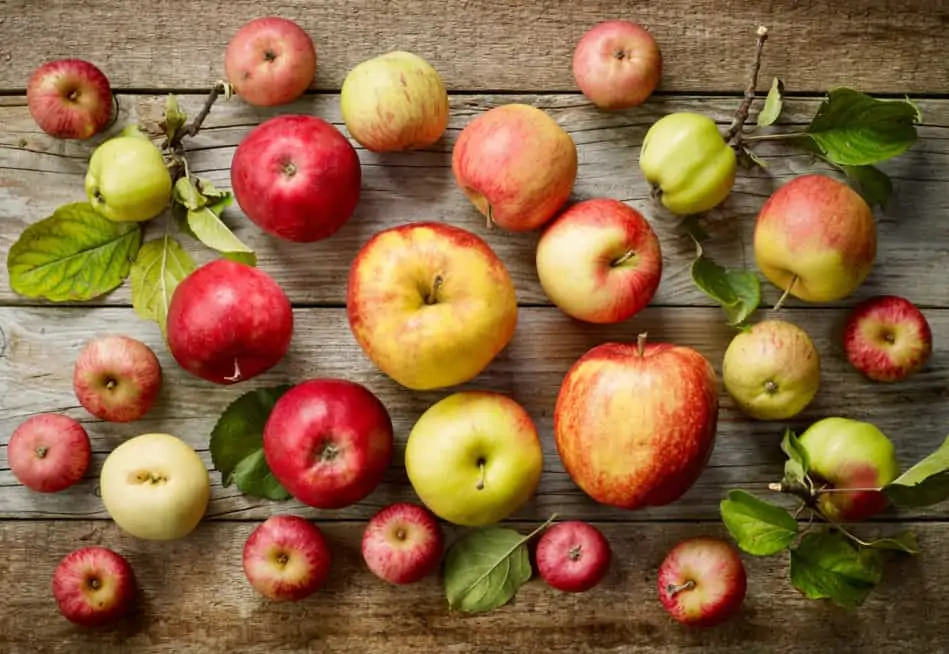How To Tell Whether Grocery Produce Is Organic
Locating the word “organic” or the USDA Organic seal on a label of packaged food is simple: The word “organic” will be printed on the front, and the green-and-white seal can be seen easily.
But what about those fresh fruits and vegetables that don’t come in a package with a label, such as those that are sold loose in the produce section? There’s a trick to knowing how and whether they are labeled organic. Loose produce will have a small sticker or a rubber band, printed with a code of four to six numbers. If the code has four digits, the produce is conventional. If the code has five digits and starts with a nine, the produce is certified organic.
If the produce is also certified fair trade, the code might have six digits; in that case, the number nine will appear second if the produce is also certified organic.
Knowing whether produce is organic is important. No producer or company can represent their food as organic unless the product is certified by a USDA-accredited agency and is in compliance with all of the requirements of the U.S. Department of Agriculture’s organic standards.*
The USDA organic standards are comprehensive and promote a sustainable system of agriculture. The standards require responsible soil management and prohibit the use of synthetic fertilizers and pesticides,** antibiotics, artificial hormones, as well as nearly all synthetic food additives.
When we analyzed all available data from the USDA’s Pesticide Residue Program in 2015, we found that organic produce consistently poses a very low or low risk to consumers. As a result of this finding, the strict standards required to earn and retain organic certification, and well-documented and significant environmental benefits, we always recommend organic produce as the best choice.
*There is one exception: if the producer has less than $5,000 in annual sales. However, even a producer with less than $5,000 in annual sales cannot represent their products as organic unless they meet all the requirements in the federal organic standards, they just don’t have to be certified by a USDA-accredited certification agency.
** A small number of synthetic pesticides are allowed, but only once they have been reviewed and approved. One of the criteria for approving a synthetic pesticide is that it poses no harm to human health or the environment.
